Pre-Op Diet: Liquid Meal Substitutes & Protein Shakes, Yea or Nay?
“One of the F.A.Q during the pre-op diet is ‘Can I use protein shakes as meal substitutes on the pre-op diet?’”
A simple answer: you should not.
Exceptions: pre-op and post-op liquid diet stage; in cases when there is absolutely no way to prepare a solid food meal (when traveling, emergencies, etc.), at later recovery stages supplementing a healthy but reduced in size solid food diet with protein shakes to reach your daily protein goal; after strenuous work outs. We will discuss further in this article what type of protein shakes should never be considered.
To be fair we should mention that liquid meal substitutes and protein shakes are not the same thing. Liquid meals are designed to cover a wider range of our body`s needs in essential nutrients. Protein shakes are only supplementary products.
Do liquid meals satisfy hunger as much as solid food meals?
No. For the simple reason that protein shakes take only about 1.5 hours to pass through the stomach. This is a great benefit after surgery when we need to ensure easier digestion. But during the preparation for surgery, when your stomach is healthy and can handle all types of food, you want to give preference to a piece of meat that will take at least 2-3 hours to pass through the stomach. Result? You will feel full and satisfied longer and will snack less in expectation of your next meal.
Current scientific evidence supports that there is reduced hunger, desire to eat, insulin, and ghrelin (hunger hormone) responses after consuming a solid meal compared to liquid meal replacements. This highlights the importance of not using them interchangeably for energy balance and weight control.
Consuming solid food triggers various signals in our body that contribute to feelings of satisfaction and fullness, whereas these signals are not as prevalent when consuming beverages / liquid meal substitutes.
When we eat solid food, several factors come into play that contribute to our satiety:
- Chewing and digestion: the process of chewing solid food breaks it down into smaller particles, which makes it easier for our digestive system to extract nutrients. This process takes time, and as a result, the digestive system sends signals to the brain indicating that we are consuming food, leading to a feeling of satisfaction.
- Hormonal responses: solid food intake triggers hormonal responses that play a significant role in appetite regulation. As food enters the stomach and intestines, hormones like ghrelin (the hunger hormone) decrease, and hormones like peptide YY and cholecystokinin increase. These hormonal changes signal to the brain that we are full and inhibit further food intake.
- Nutrient absorption: solid foods usually contain a variety of nutrients, including proteins, fats, and carbohydrates, which are absorbed gradually as they pass through the digestive tract. This slow and steady nutrient absorption sustains the feeling of fullness for a longer period of time.
On the other hand, beverages, can lead to less satiety due to several reasons:
- Rapid consumption: beverages can be consumed quickly, and the liquid form allows them to pass through the digestive system faster. This rapid transit may not trigger the same level of hormonal and digestive responses compared to solid food.
- Lack of fiber: many beverages lack fiber, which is essential for satiety. Fiber helps to slow down digestion and prolong the feeling of fullness.
- Limited satiety signals: the absence of the chewing process might not trigger the same level of satiety signals in the brain as solid food does.
In summary, consuming solid food, as opposed to beverages, can lead to a stronger feeling of satisfaction due to the various signals triggered by the digestion and absorption processes. Understanding these differences can be crucial for individuals aiming to manage their appetite, energy balance, and weight control effectively.
Of course, liquid meals are unavoidable during the post-op recovery stage. We will address this matter in the next article that explains the feeling of restriction and fullness based on the food texture.
Liquid meals and protein shakes: good and bad options.
Let`s talk about liquid meals, protein shakes, and powders in particular that are needed during the pre-op liquid diet stage. This stage usually lasts for only 3 days if a patient has low-to-medium BMI or may be increased to a week or more for high BMI.
When choosing a good protein shake, you must read the ingredients label. Checking the ingredients when shopping for food must become one of your new habits. A good shake should include at least 20 gr of protein (ideally even more) and no more than 3-6 gr of carbs. Brands we recommend include Isopure zero carb/zero fat, Premier Protein, GenePro, MuscleMilk, Pure Protein, Core Power, Quest, to name a few.
Options that should be avoided include Herbalife, Optifast, Optislim and many others that are not rich enough in protein and include too many carbs and added sugar. Not that these products are bad, but they defeat the purpose of the low-carb nutrition we strive for. For instance, Optislim LCD Life shake includes 16.4 grams of protein (not the best score but could be acceptable) and 25.3 grams of carbs!!!, including 21.5 grams of added sugar (your ideal protein shake or liquid meal subsitute should not have any added sugar at all).
Pre-op diet is a lifestyle, make it sustainable.
Do not be misled by the term “pre-op diet”. This nutritional system is designed not only to prepare you for bariatric surgery but to be followed as your permanent new lifestyle after surgery for the rest of your life once your stomach is fully healed. This nutritional guideline was designed to be sustainable and well-balanced. Do not substitute healthy fresh unprocessed or lightly processed meals with liquids. This is not a sustainable approach.
Real food is your best source of protein, healthy fat, carbs, vitamins, minerals – naturally occurring ingredients.
A liquid meal cannot provide the same benefits that come from naturally occurring nutrients found in fresh vegetables, greens, fruit, nuts, meat, poultry, eggs, avocados, seafood, and so on. Vitamins, minerals, and other microelements, amino acids, healthy non-saturated fats, fiber, etc. are best absorbed by our body when received with natural solid foods, not liquid substitutes often packed with synthetic vitamins, artificial colors and sweeteners, flavors, taste enhancers, and often simply added sugars. For instance, antioxidants and phytochemicals (polyphenols, flavonols, phytosterols, etc.) are not found in processed food. These important nutrients help most of our body tissues, organs, and produce anti-aging effects.
Learn to cook healthy. Develop a new taste palate.
The pre-op diet is meant to help you develop new habits, both eating habits and lifestyle habits, such as cooking at home in a healthy way and developing a new taste palate. Of course, sometimes it is convenient to grab a bottle of shake and drink it on the go. And if used occasionally, it is perfectly OK. But we should remember that feeding ourselves is not all about satisfying hunger. We get a great deal of pleasure from chewing food, savoring it in our mouth, sharing it with friends, family, trying different textures, cuisines. You will get tired of liquid meals during the post-op diet stage (please trust us, this statement is based on thousands of comments from our patients who have already gone through this process). Thus, take advantage of the fact that your stomach can tolerate all types of food now, while preparing for surgery, and enjoy the variety.
If you are not used to cooking at home, it is time to learn. The Internet has plenty of recipes with video guidance, it cannot get any better than that. If you are not used to fresh veggies, greens, and fruit, it is time to develop a new taste palate and learn to like those. It will take time, you may need to push yourself, but if you never start, you will never make profound changes and eventually will return to your old eating habits. Result? Insufficient weight loss and weight regain.
Make plans.
This journey will require a lot of effort, including an effort to make plans a week ahead. Use your days off to shop for healthy foods and prepare certain meals to last you for several days. Plan your breakfasts, lunches, and dinners. Purchase small plastic containers, if need be, bring a healthy lunch to work. Think ahead of healthy snacks (prepare small zip lock bags for those), so you are not tempted by slider foods (chips, crackers, pretzels, popcorn, candy, etc.).
In conclusion: life is difficult, and emergencies happen. In such cases make sure that you replace your meal with a high-quality liquid product that does not have any added sugar, is low-carb and high-protein. Comparing low quality processed food (junk fast food) to a high-quality liquid meal or a shake, the latter one is a better option.
Written by Go Light Bariatrics
More From This Category
Tuna Melt Poppers
Tuna melt popper a quick protein-rich lunch option! Packed with nutrients, it's the perfect pick-me-up after a long day.
Cheeseburger Mini Meatloaf
Cheeseburger Mini Meatloaf perfect for a bariatric-friendly diet, offering a high-protein, low-fat, and delicious meal option. The mini meatloaves are also great for meal prep, as they can be easily stored and reheated for a quick and nutritious meal throughout the week.
Enchiladas Casserole
Enchiladas Casserole is comfort food to give you all the protein you need per meal considering your special dietary needs after weight loss surgery.
Beet Hummus
Introducing our vibrant and flavorful Beet Hummus, a healthy snack option for the post-op diet. This is a fun twist on the classic dip that promises a burst of color and taste!
Egg Zucchini Pizza
Enjoy this low-calorie, easy-to-digest Egg Zucchini Pizza. Consider for your protein-enriched post-op diet.
Strawberry Yogurt Jello
This time we are serving up a delight that's as guilt-free as it is delicious: our Sugar-Free Strawberry Jello recipe. Consider for your protein-enriched pre-op diet.
Colorful Chicken Fajitas
Delight in the flavors of Mexico with these bariatric-friendly chicken fajitas. Consider for your protein-enriched pre-op diet.
PPI & Antacid in Weight Loss Surgery
PPI and Antacid before & after weight loss surgery can not only decrease post-operative discomfort and pain, but prevent several serious post-op complications.
Vegan Recipe – Tofu Pumpkin Pancakes
Discover a delightful vegan recipe - Tofu Pumpkin Pancakes. These pancakes are delicious, easy to make, and are tailored to support your vegan post-op diet needs.
Tofu Scramble
Enjoy a protein-packed, easy-to-digest meal that supports your recovery journey. Try this nutritious Tofu Scramble recipe tailored for your post-op diet.

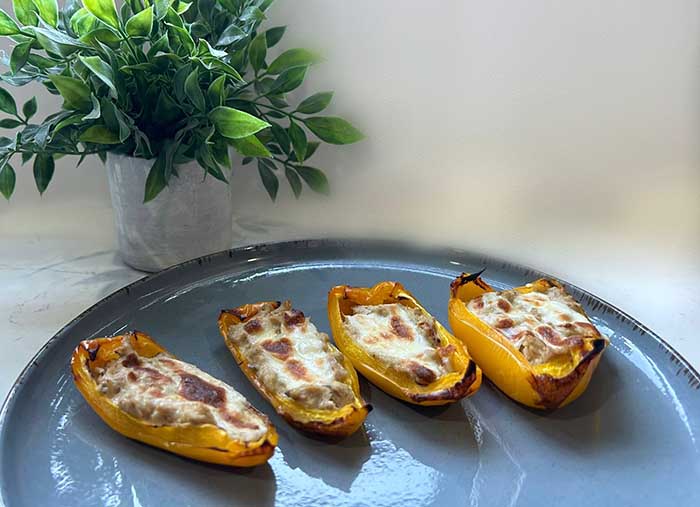
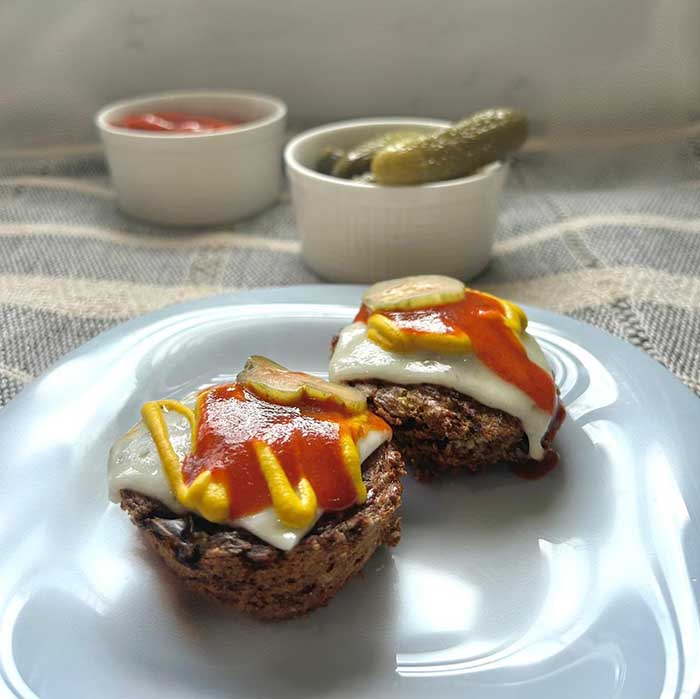

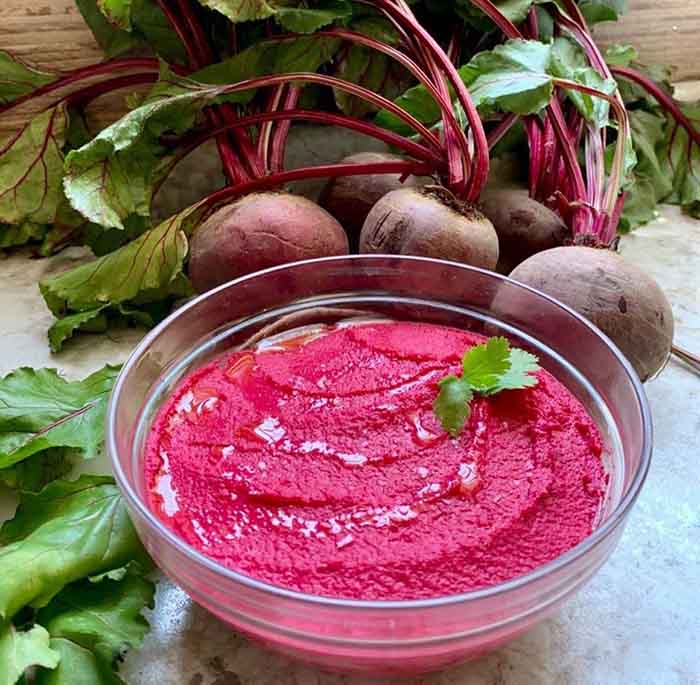
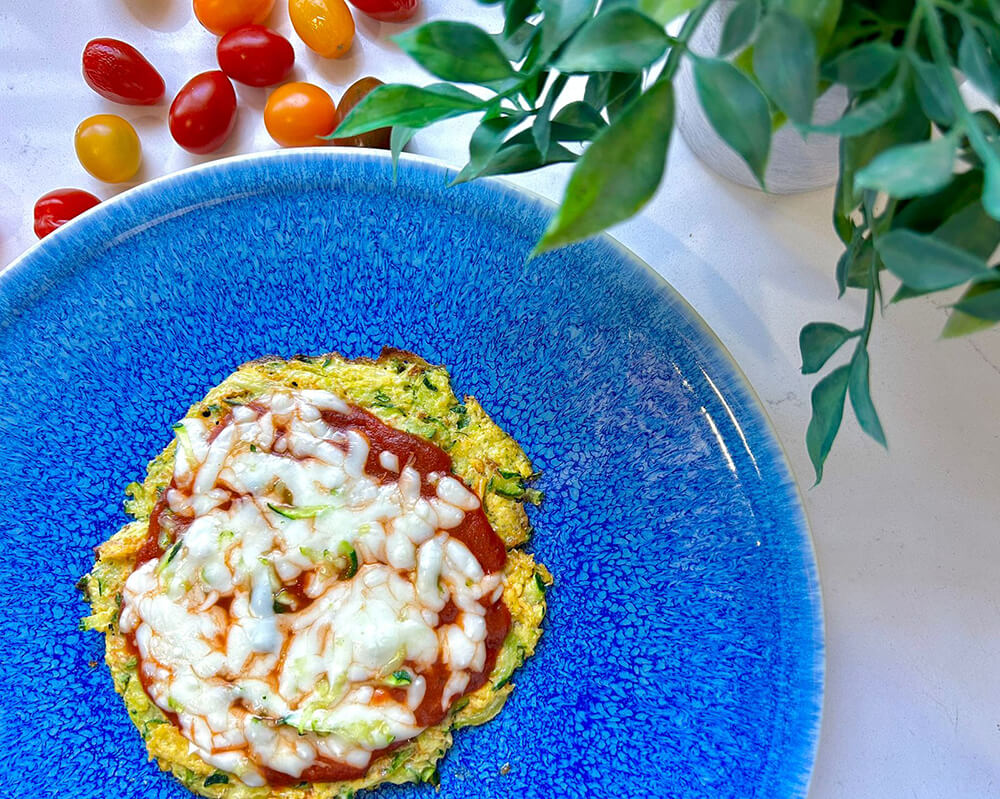
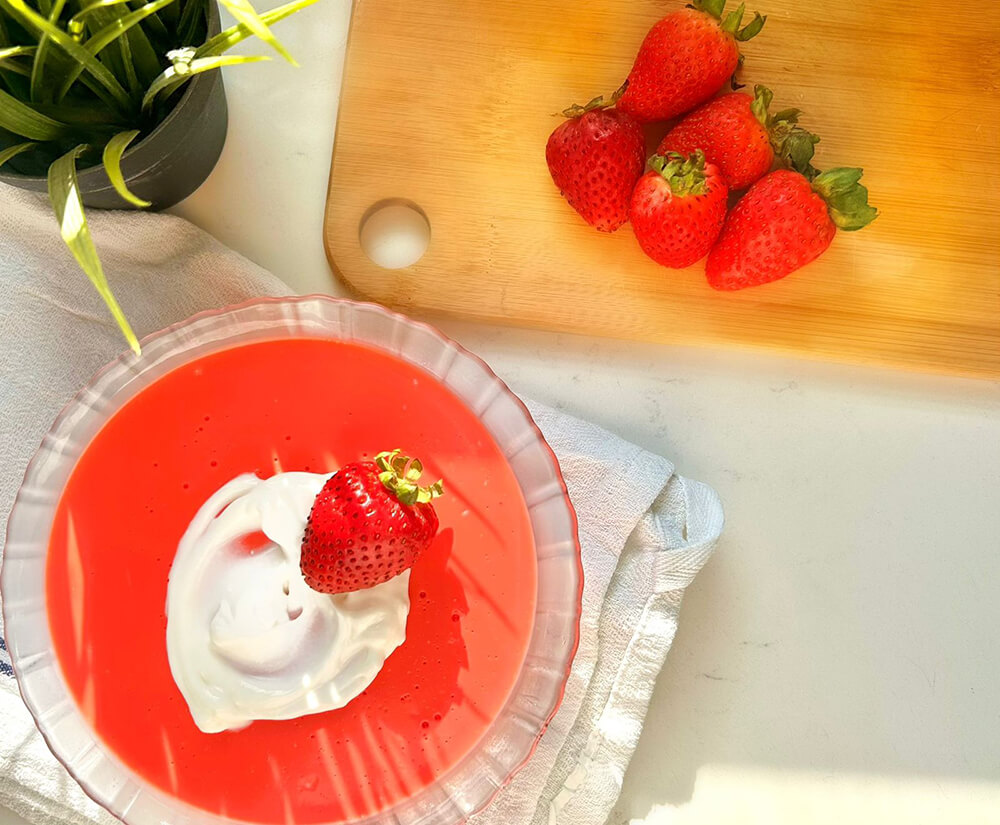
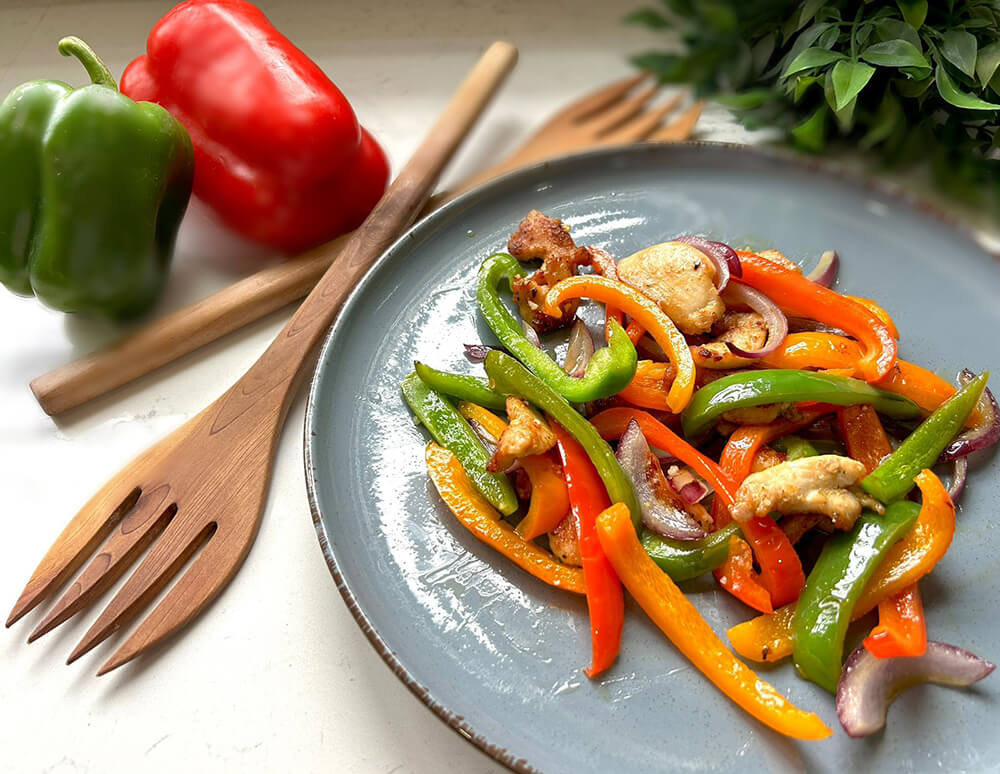


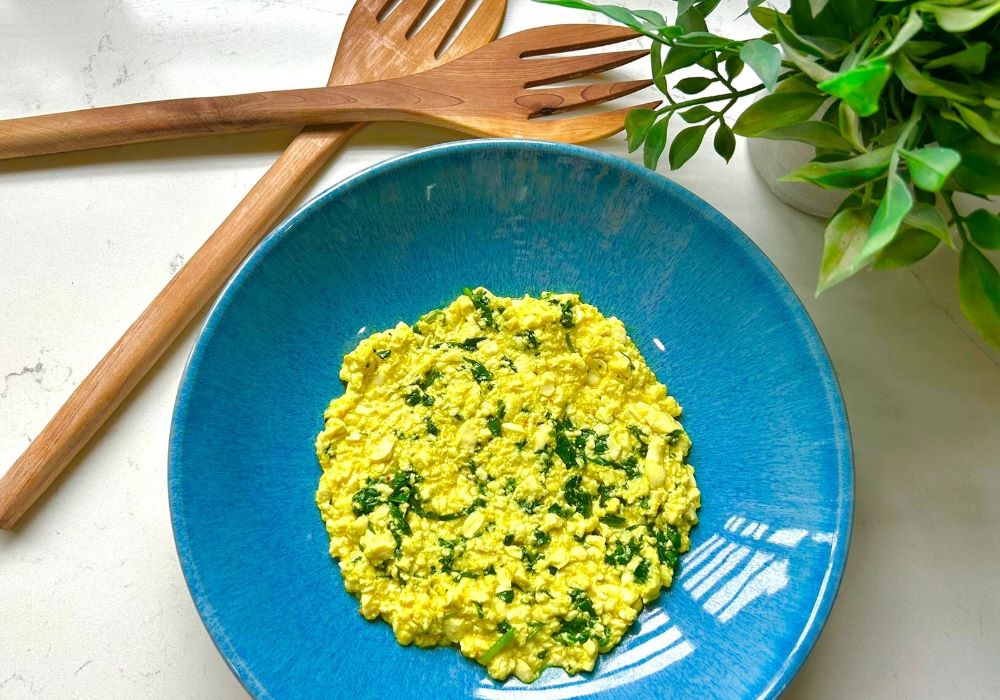
0 Comments